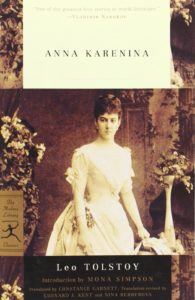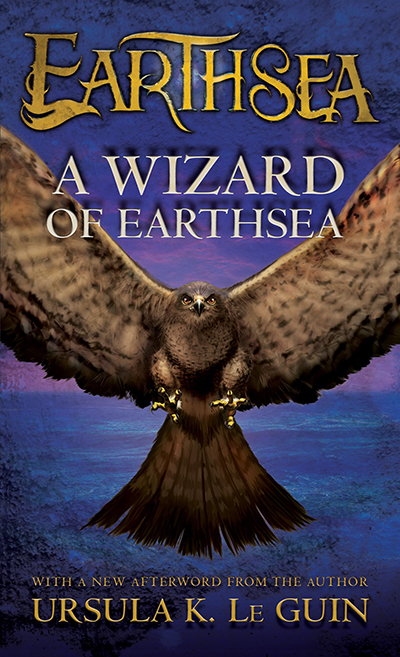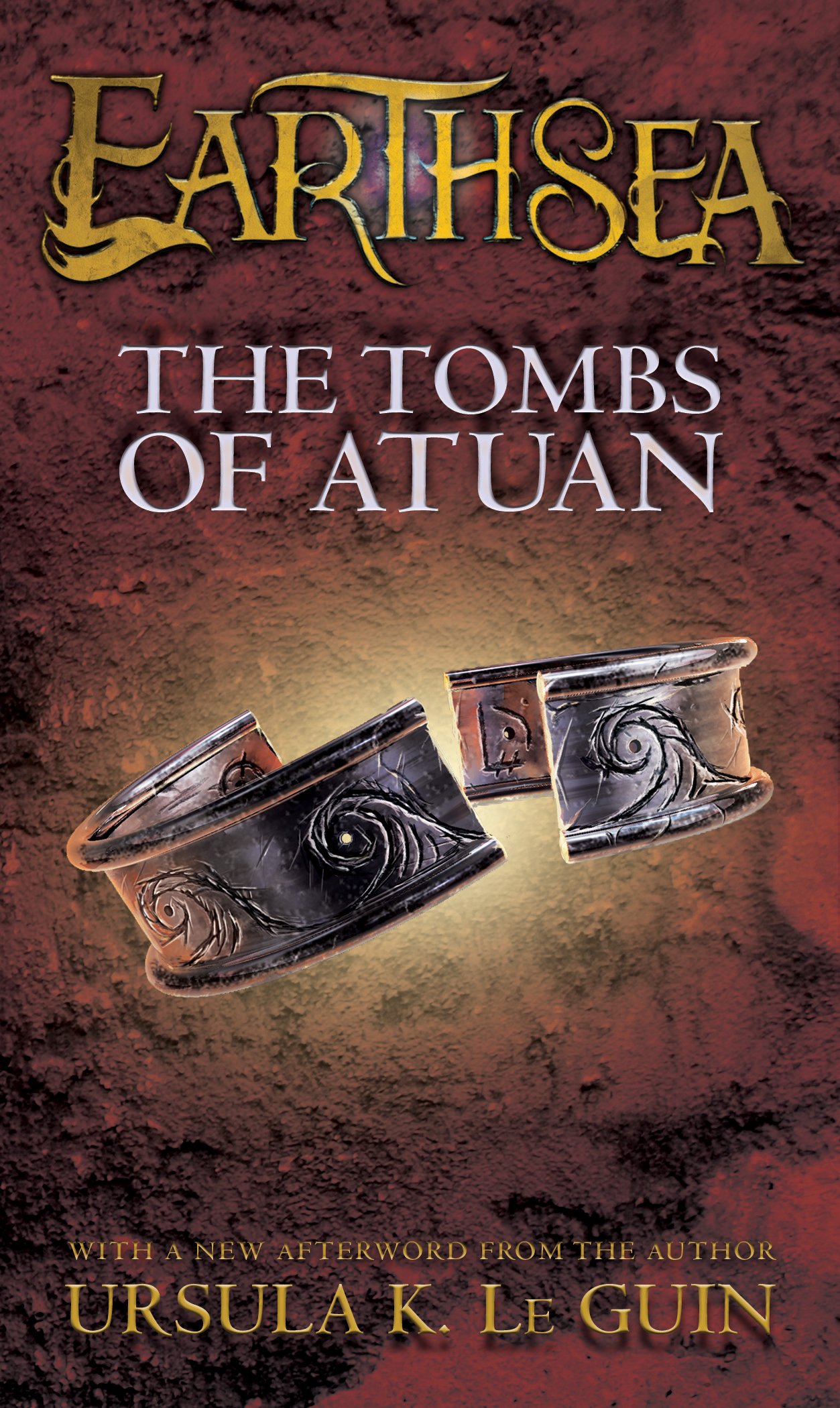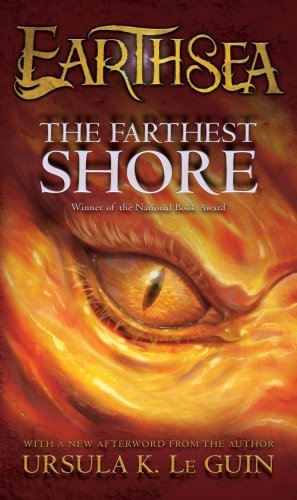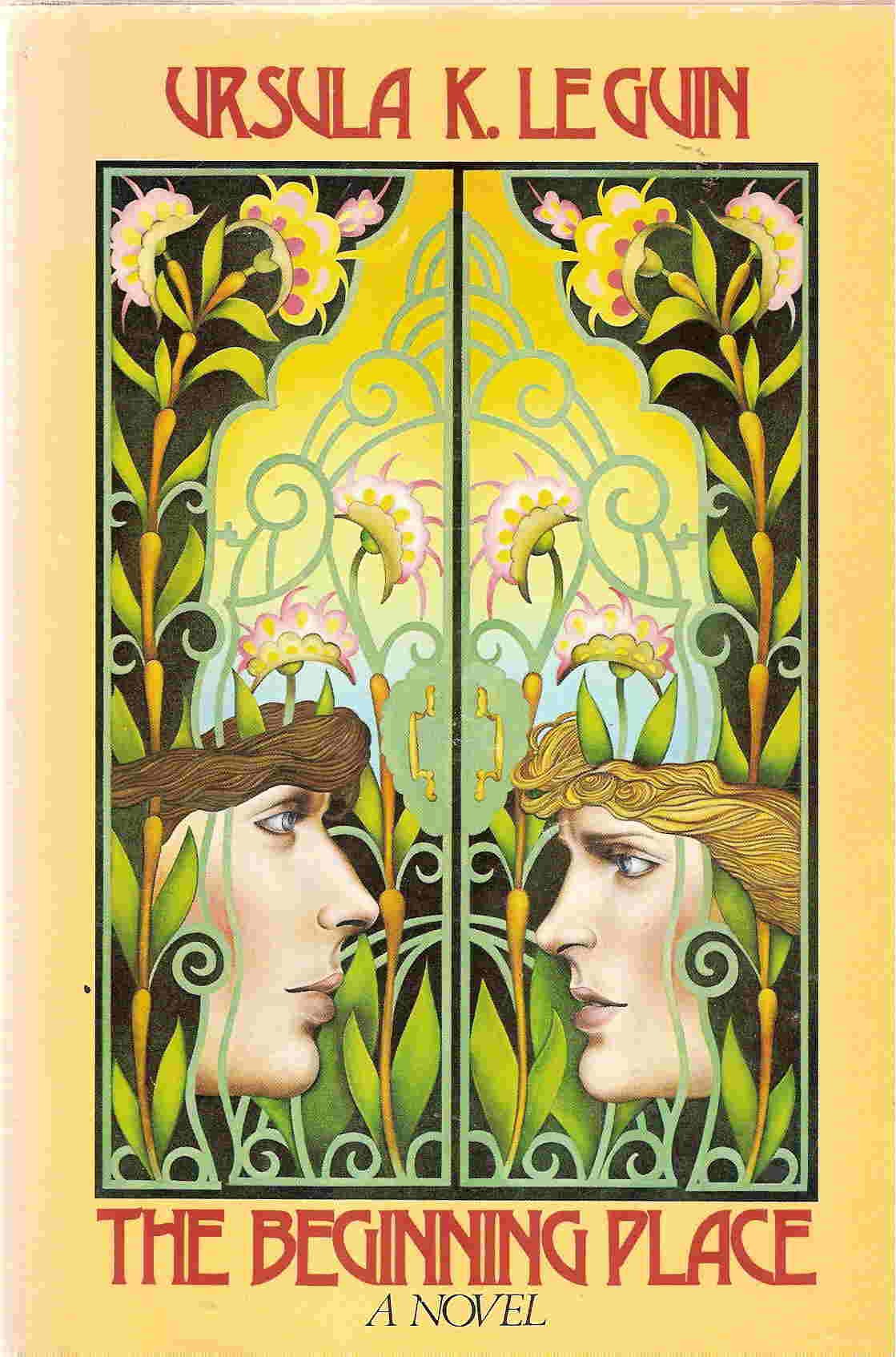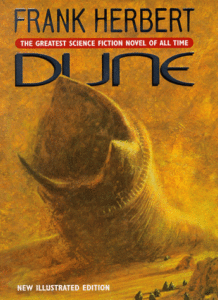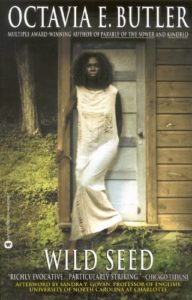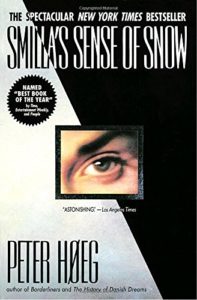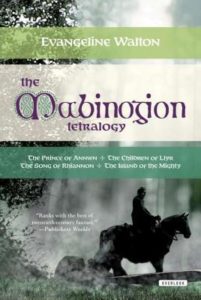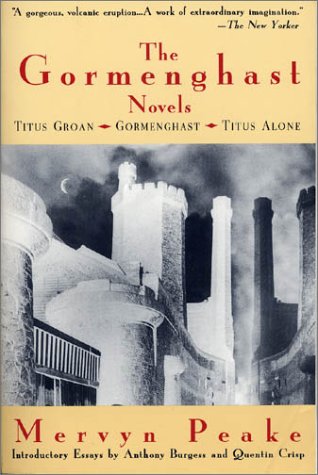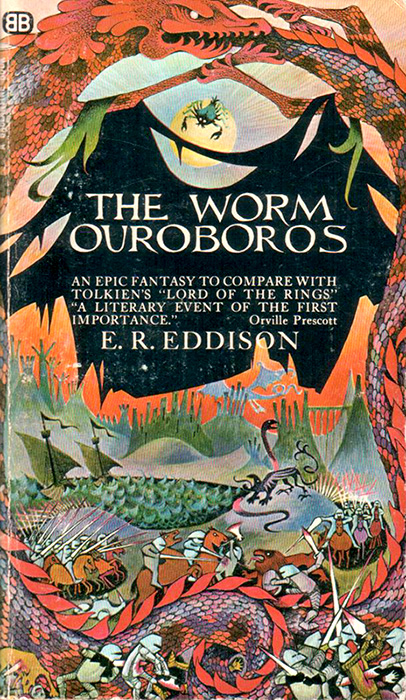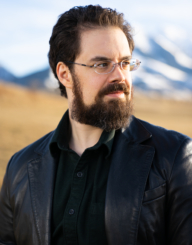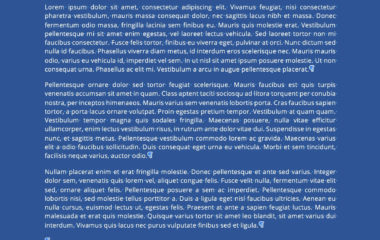I always find it difficult to recommend books or authors. Literature is highly subjective, and even two people with near-identical upbringings (like my sister and me) can have very different tastes. I like the books I like for specific reasons—reasons that may not apply to anyone else. For example, in my office I have a book called Rig Warrior: 18 Wheel Avenger that I bought solely because of the awesomely bad first line:
Barry was bored just about out of his gourd.
Isn’t that delicious?
Moreover, I find it impossible to pick just one book or author as my favorite. No one novel, and no one body of work, encompasses all of my interests.
Still, there are a few authors I feel strongly about, and perhaps I can explain why. Please note: some of these books are for adults.

